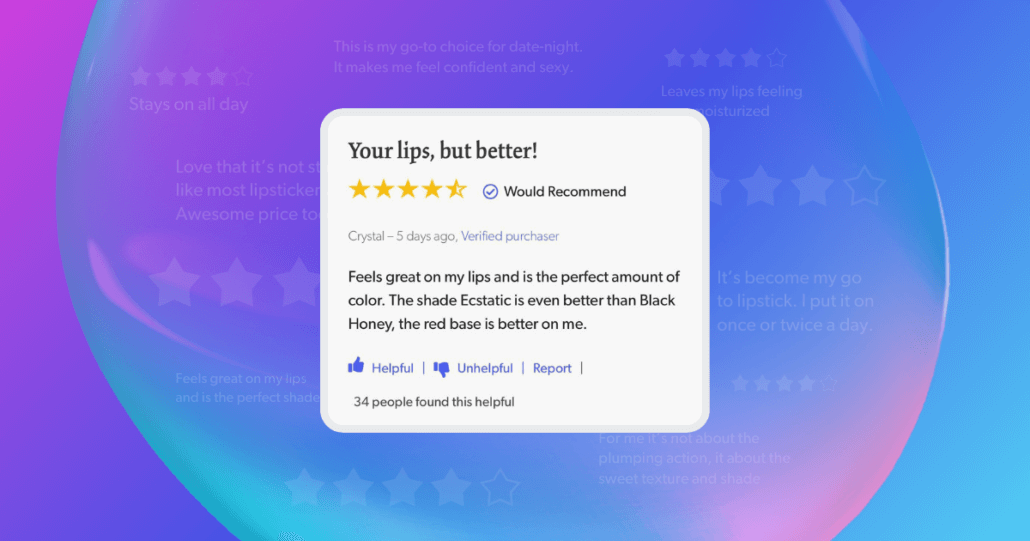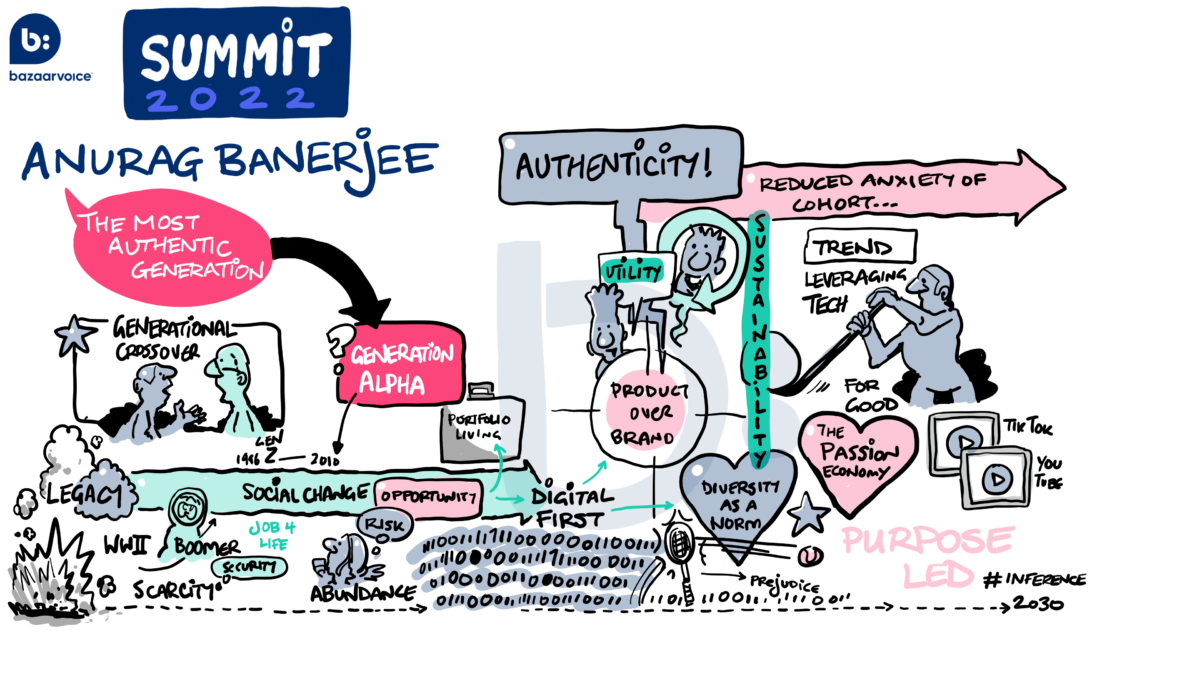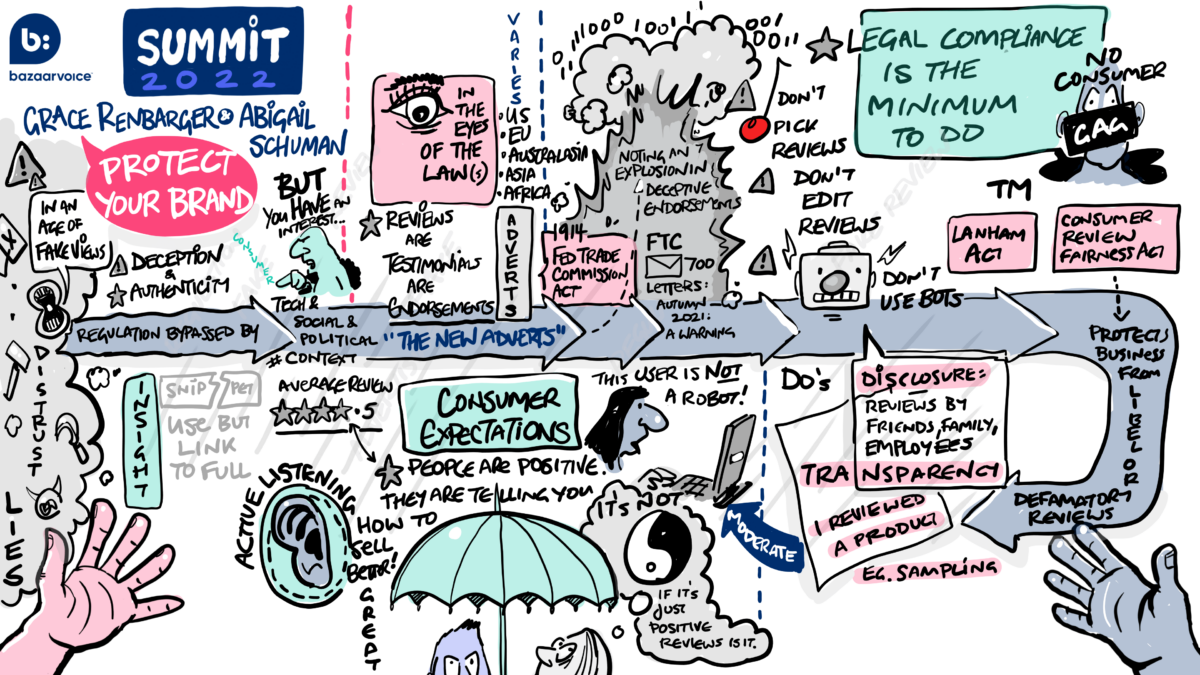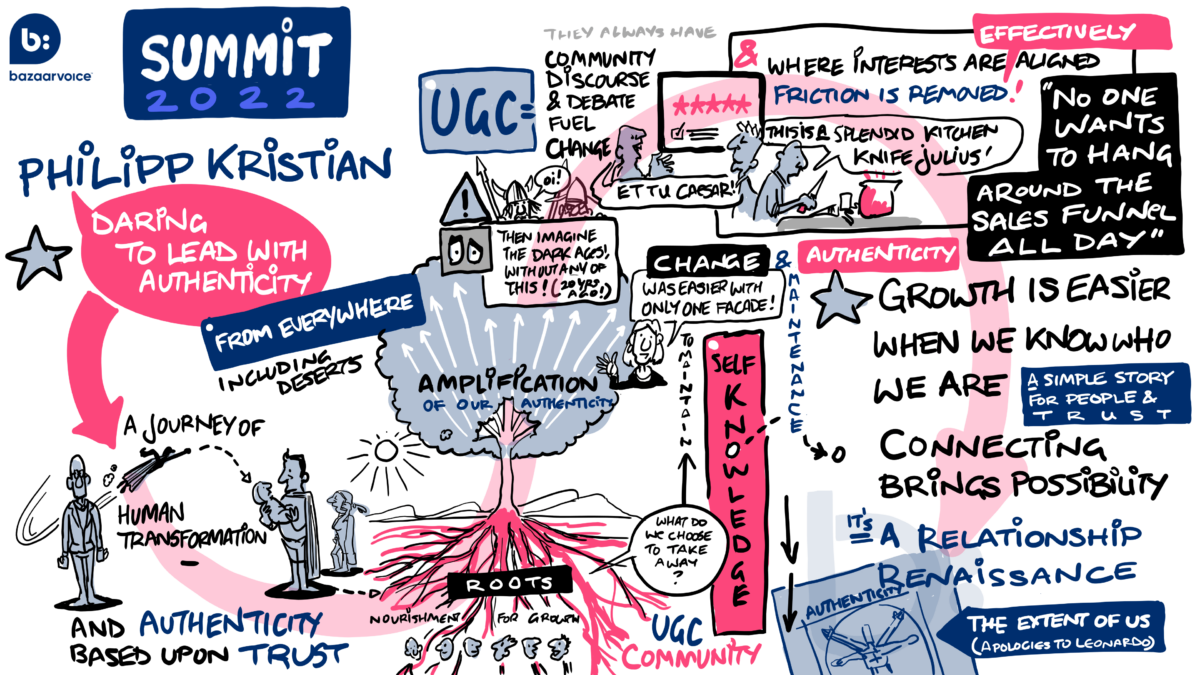May 3, 2021
It goes without saying that COVID-19 has changed how consumers shop. People are buying more products online. They’re using virtual dressing rooms to try on clothes and trading their office attire for athleisure wear and Zoom attire (pajamas.)
But they’re also becoming more critical of the brands and retailers they buy from. Shoppers are more mission-driven than ever before.
The inequities exposed by the pandemic and related economic crisis have correlated with an increased wariness of the current state of capitalism, according to the 2020 Edelman Trust Barometer. This trust barometer will form the basis for this article.
Consumers don’t just want to shop. They want to support brands whose values and beliefs mirror their own.
To appeal to these customers, many companies are embracing mission-driven marketing. This trend has been gaining traction for a while, with many brands using their platform to drive social and political change. But like many trends, the pandemic has accelerated the importance for e-commerce brands to take actions that actively build trust with their target market.
The importance of trust in e-commerce
Despite the current health and economic crises, people are optimistic about the future — and the role brands will play in rebuilding it.
Since 2017, the amount of customers who believe brands can, and should, be a powerful source of change has increased from 51% to 64%.
Today, 71% of consumers agree that brands and retailers have the potential to make a positive change in society. And 62% said they believe companies will play a major role in addressing the issues we face today. For e-commerce brands and retailers, this is a unique opportunity to build trust and rapport with your target audience by integrating mission-driven outreach into your marketing campaigns.
Shoppers want to support brands who share their outlook on political, social, and environmental issues. They’re willing to do the research to better understand a company’s story, mission, and values. And, with all of the information available to them, they can quickly tell whether a brand is just paying lip service to a cause or movement.
To build trust, e-commerce companies need to do more than just talk the talk. More than 60% of consumers say businesses also need to walk the walk.
Consumers care how brands are responding to COVID-19
One of the many ways e-commerce brands can build trust with their target audience is taking action to support those affected by the COVID-19 pandemic.
When Starbucks and Crocs gave away free products to healthcare workers, or Dyson switched its assembly line from vacuums to ventilators, shoppers noticed.
Almost 75% of consumers said a brand’s response to the pandemic impacted their buying decisions. More than 40% said they started supporting a new-to-them brand after learning about its efforts to help those affected by the virus.
In addition to product giveaways and ventilator donations, customers also want to see brands take in-store safety seriously.
Additionally, about 75% of mission-driven consumers expect retailers to require employees and shoppers to wear masks, 68% want hand sanitiser stations installed throughout the store, and 62% think businesses should mandate social distancing.
Shoppers care about how employees are being treated
For many customers, these in-store safety efforts aren’t just for their own protection. Almost 70% say brands must take action to protect the health of employees.
Consumers around the world agree the pandemic has cast a harsh spotlight on how people from different socioeconomic backgrounds are treated by society. More than 65% say the virus and related economic downturn has had a greater impact on those with less education and money, and more than half of consumers say they are very worried about long-term pandemic-related job loss.
Shoppers expect brands to help their employees, partners, and suppliers weather the current crises. And frankly, they aren’t happy with the status quo so far.
Less than 40% believe businesses are doing a good job of safeguarding their employees’ jobs and financial well-being. Only 38% believe larger brands are doing enough to help their smaller suppliers and business partners stay afloat.
To increase trust, e-commerce brands need to demonstrate what actions they’re taking to support employees and the economy during these trying months and years.
Sustainability matters even more to today’s consumers
“Sustainability” has been a marketing buzzword for years. But it’s become even more important to today’s mission-driven shoppers. We can see this reflected in the increased conversations around #SustainableFashion on Twitter and “zero waste products” on Pinterest.
With just a few clicks, consumers can trace where the T-shirt they want to buy was made. They can compare the environmental impact of having it shipped to their home versus picking it up in-store. And if the shirt is available from multiple retailers, they can compare each store’s prices, mission statements, and values in real time.
In a recent survey of almost 20,000 consumers in 28 countries, nearly 60% said they’re willing to change the way they shop if it will help reduce environmental impact.
Sustainability is especially important to millennials, members of Generation Z, and the upcoming Gen Alpha — a market segment representing about $350 billion of U.S. spending power. But they’re not alone. Baby boomers and members of Gen X also report caring about the environmental impact of the products they buy, particularly when it comes to plastics
Appealing to mission-driven shoppers
To increase trust (and conversions) e-commerce brands must demonstrate their willingness to contribute to the greater good. But they must do so in a way that’s authentic, transparent, and backed by actions that drive real change.
More than 66% of respondents to the Edelman Trust Barometer believe the pandemic will change how we work, live, and treat each other.
It’s now up to brands and retailers to deliver on these expectations by actively contributing to a stronger, more inclusive vision of the future.










